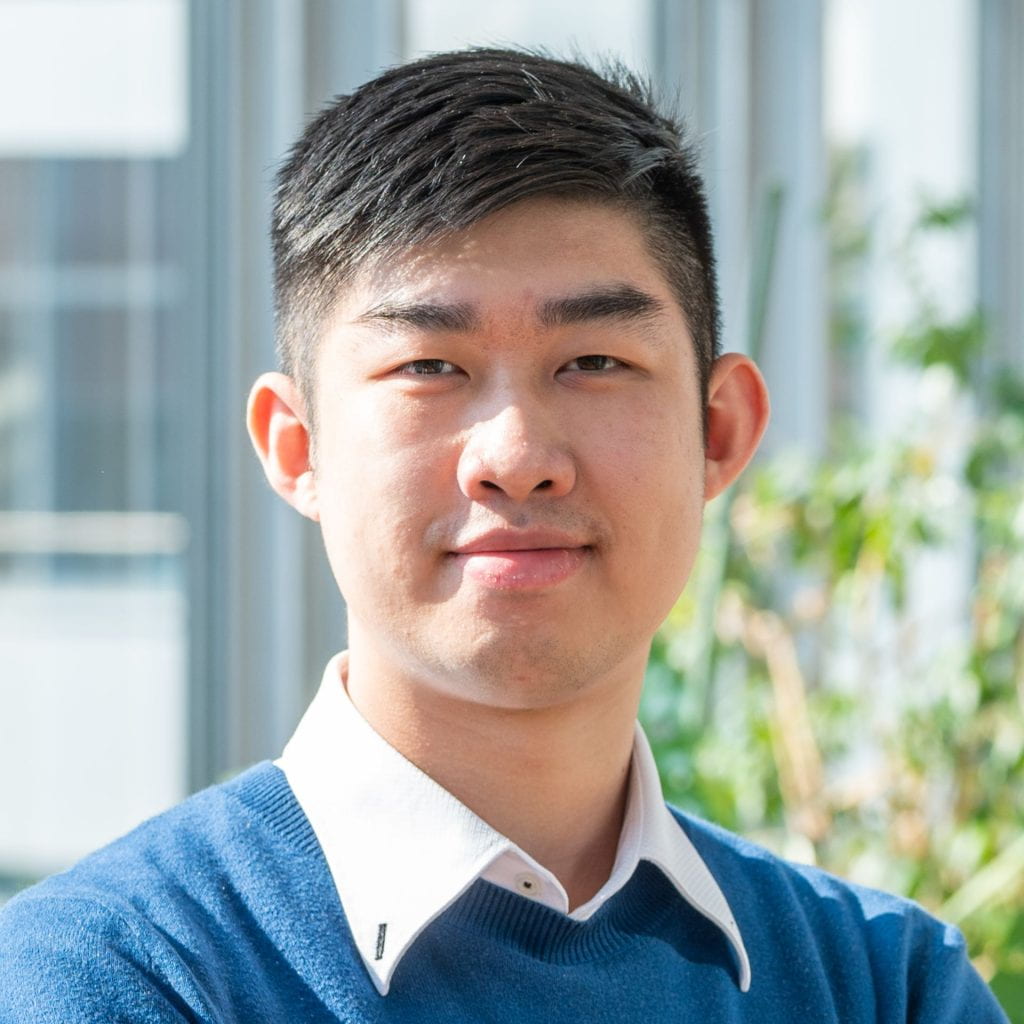
Percy Hei Chun Ho
何熹晉
PhD Candidate in Archaeology
Department of Anthropology, Harvard University
Peabody Museum 571, 11 Divinity Ave.
Cambridge, MA 02138
Email: heichunho@fas.harvard.edu | hei_chun_ho@eva.mpg.de
Office Hours (GENED 1105): Mondays 2-4pm, Peabody 571
Bio
Percy Hei Chun Ho is a fourth year PhD Candidate in the Archaeology Program at the Department of Anthropology at Harvard University. He is a member of the Warinner Lab for Ancient Biomolecule Research at Harvard, and a guest researcher at the Department of Archaeogenetics at the Max Planck Institute of Evolutionary Anthropology in Leipzig, Germany. He is also the head teaching fellow for GENED 1105 for the fall 2025 semester.
Percy specializes in zooarchaeology and biomolecular archaeology. His work involves the recovery and analysis of genes and proteins from archaeological remains to understand human-animal relationships in Central and Inner Asia. His primary research interests include the exploitation and translocation of herd animals, the diachronic process of adopting pastoralist economies and selecting for livestock traits, the appearance of food-related technologies (e.g. dairying), and the role of hunted animals among herding societies. His current projects include the investigation of population structure and dispersal of ancient domesticated sheep in Central and Inner Asia, and the development of novel Zooarchaeology by Mass Spectrometry (ZooMS) peptide biomarkers for Cervid species.
Percy received his BA from University of Exeter and MSc from University of Oxford. He has extensive experience working in radiocarbon and ancient DNA laboratories in the United Kingdom, Germany, and South Korea. He has also participated in various archaeological excavations in the United States of America, Kazakhstan, and Morocco.
Research Interests
- Biomolecular Archaeology
- Human-Animal Relationships
- Ancient DNA
- Proteomics (Zooarchaeology by Mass Spectrometry – ZooMS)
- Zooarchaeology
- Animal Domestication, Management, and Biogeography
- Pastoralist Economies